Ala and James have been dating for a year.
While Ala is emotionally open, James is emotionally reserved. Ala's open expression of emotion is starting to make James feel overwhelmed, so he pulls away.
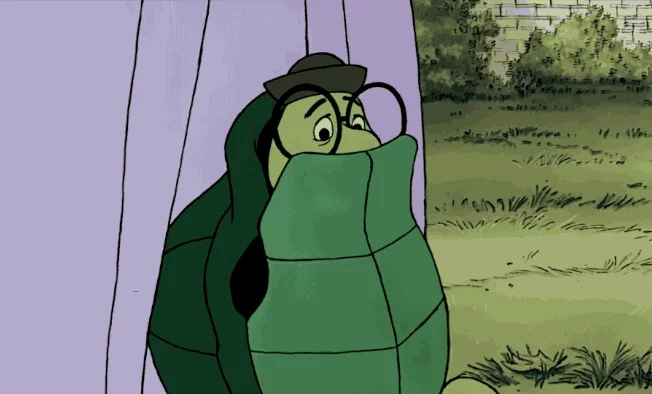
Throughout their relationship, a pattern has emerged:
Ala tries to be close.
James retreats.
Ala feels abandoned.
James feels trapped.
Could James have a dismissive avoidant personality when it comes to his attachment style? Ala wonders how they'll cope.
Dismissive Avoidant Personality: What Is It?
According to attachment theory, people with a dismissive avoidant personality tend "to emotionally distance themselves from others, particularly in close relationships."
They often value independence and self-sufficiency over emotional closeness.
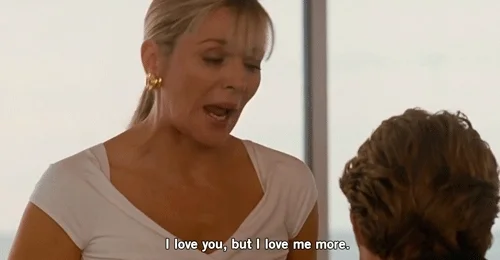
It often develops in childhood when a parent is emotionally distant. Common traits are:
High independence — self-sufficient and often resisting relying on others.
Emotional distancing — avoiding vulnerability and intimacy.
Difficulty expressing feelings — may struggle to understand and talk about emotions.
Downplay relationships — feeling they don't really need anyone.
Suppressed needs — meeting their own emotional needs and often dismissing the needs of others.
In a relationship, they may pull away when things get too close and can come across as cold or aloof. As a result, partners can feel unloved.
Emotional Causes
Dismissive-avoidants feel uncomfortable in situations where people start to depend on them, expect vulnerability, or where they feel out of control.
If you partner grew up feeling that other people weren't always reliable, they may have developed a dismissive avoidant attachment style and not seek or ask others for support.
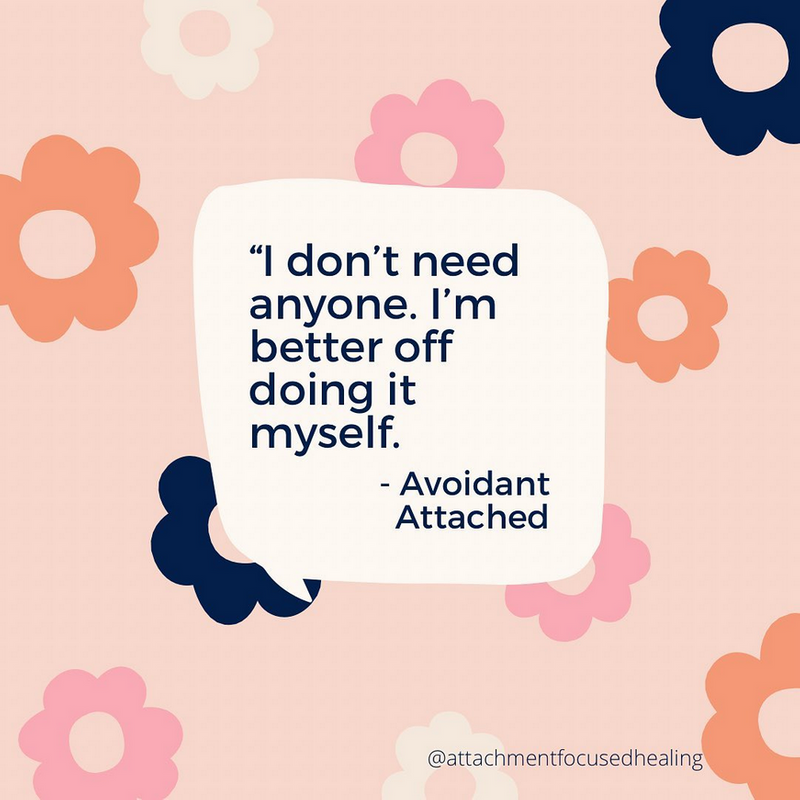 Image courtesy of @attachmentfocusedhealing via Instagram
Image courtesy of @attachmentfocusedhealing via Instagram
Typical triggers can be:
Someone wants you to open up more
Someone calls you often
Someone is demanding a lot of your attention
Discussing future plans (e.g., marriage, children)
Romantic gestures
Quiz
Ala asks James if he wants to have a weekend picnic date. He doesn't seem too keen. What could be going through his mind?
Relating to You Partner

So, how can you relate to your partner with a dismissive avoidant personality?
Take things slowly and try not to pressure them into commitments.
Give them space and respect their boundaries.
Communicate calmly and without judgment.
Avoid making rash ultimatums.
Work on your own emotions and needs.
Try to offer them practical solutions.
Suggest regular date nights or check-ins if your partner is comfortable with it.
Remember, people with a dismissive avoidant personality experience and express their feelings more subtly than other people. They also desire closeness, but use aloofness to protect themselves.
Scenario: Alesha and Alex
Alesha and Alex have been dating for 2 years. After spending a lovely weekend together, Alex starts to feel smothered and doesn't reply to Alex's messages for a few days. She tries to contact him, but he replies to say he is too busy.
 Photo by Christopher Windus on Unsplash
Photo by Christopher Windus on UnsplashThe conversation makes Alesha feel hurt and rejected, so she replies with a longer message. Alex reads the message, but doesn't respond for another day, as he feels he needs space.
This dynamic leaves Alesha feeling anxious and unloved, and Alex feeling trapped and distant.
Quiz
Alesha notices Alex keeps pulling away after spending time with her. What’s a healthy way for her to react to this?
Taking Care of Yourself
Being in a relationship with someone with a dismissive avoidant personality may cause you anxiety and have serious negative effects on your mental health. You may experience feelings of abandonment and helplessness.
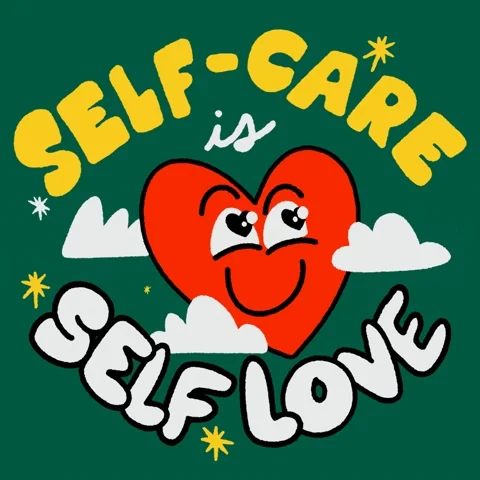
Therefore, self-care is very important:
Accept that it's not about you.
Practice self-soothing and meditation.
Respect your boundaries and needs.
Know when to seek help or when to let go.
Scenario: Denzel and Nina
Denzel and Nina have been going out for five years. For their anniversary, they decided to go for a romantic meal in a fancy restaurant. But two days later, Nina has become withdrawn and isn't speaking that much.
 Photo by Joice Kelly on Unsplash
Photo by Joice Kelly on UnsplashWhen Denzel tries to ask her what's wrong, she withdraws even more. Now Denzel is feeling very insecure and anxious. Has he done something wrong?
Quiz
What should Denzel do now?
Take Action
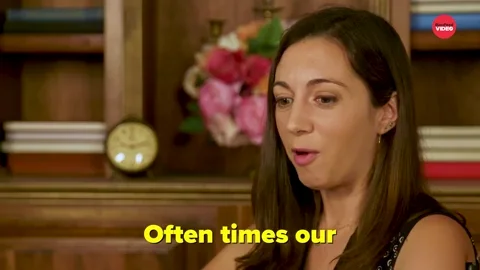
Just as insecure attachment styles are learned, they can also be unlearned and changed to become more secure. Step one is awareness.
Your feedback matters to us.
This Byte helped me better understand the topic.
